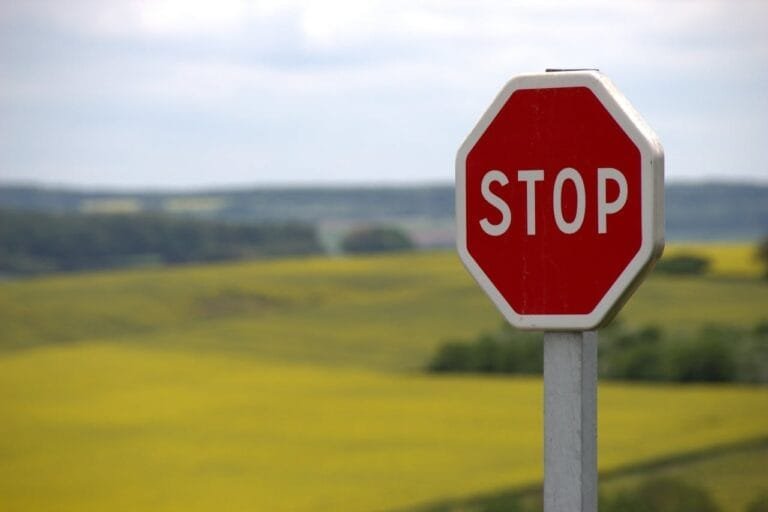hello@nationaltrafficlawyers.com.au
hello@nationaltrafficlawyers.com.au
Driving while your license is suspended or disqualified is considered a very serious offence in New South Wales. It demonstrates a blatant disregard for road rules and court orders, putting public safety at risk.
Under Section 54(1) of the Road Transport Act 2013, it is an offence to:
The key element is knowingly driving despite having your privileges suspended or disqualified by the relevant authorities.
What is the Difference Between Suspension and Disqualification?
Suspension refers to a temporary withdrawal of your license, usually by the RMS or police for offences like demerit point breaches, unpaid fines, or certain traffic violations. Disqualification is a court-imposed penalty that cancels your license for a specified period as part of a sentence for serious driving offences like drink/drug driving, negligent driving, driving while suspended etc.

To secure a conviction for driving while suspended or disqualified, the prosecution must prove beyond reasonable doubt that:
The prosecution may rely on various forms of evidence, including police testimony, CCTV footage, license records from the RMS, and documentation of your prior suspension or disqualification order.
Under the Road Transport Act 2013, police officers have broad powers to stop and inspect vehicles if they reasonably suspect that a traffic offence has been committed. In cases of driving while suspended or disqualified, officers may:
The penalties for driving while suspended or disqualified are the same and depend on whether it’s a first or repeat offence within 5 years: First Offence:
Second/Subsequent Offence:
The court also has discretion to impose longer disqualification periods. Aggravating factors like putting others at risk can increase the penalties.
Possible defences include:
However, these defences are difficult to establish and require strong evidence. It’s advisable to seek legal representation. The consequences of driving while suspended or disqualified are severe, including potential jail time. If you find yourself facing these charges, contact National Traffic Lawyers immediately. Our expert team will fight to protect your rights and achieve the best possible outcome.
Several other traffic offences may be charged in conjunction with or as an alternative to driving while suspended or disqualified, depending on the circumstances. These include:
In a recent case from 2022, a 28-year-old man was charged with driving while disqualified after being pulled over for a random breath test in Western Sydney. Police checks revealed that the man’s license had been disqualified for 12 months following a high-range drink driving conviction earlier that year. The man, who claimed he was unaware of the disqualification, pleaded guilty and was sentenced to a 6-month good behavior bond and a further 6-month license disqualification.
Most cases of driving while suspended or disqualified are heard in the Local Court as summary offences. The typical process involves:
If convicted of driving while suspended or disqualified in the Local Court, the sentencing options available to the magistrate include:
The magistrate will consider factors such as the driver’s criminal history, the reason for the initial suspension or disqualification, and any mitigating or aggravating circumstances when determining the appropriate penalty.
A license suspension is a temporary withdrawal of your driving privileges, usually imposed by the Roads and Maritime Services (RMS) or police for offences like demerit point breaches or certain traffic violations. At the end of the suspension period, your license is automatically reinstated.
A disqualification, on the other hand, is a court-imposed penalty that completely cancels your license for a specified period as part of a sentence for more serious driving offences like drink driving, drug driving, or negligent driving. After the disqualification period ends, you must apply and re-qualify for a new license - it is not automatically reinstated.
No, it is illegal to drive for any purpose while your license is suspended or you are disqualified from driving. THERE are no exceptions that allow you to drive for work, emergencies, or any other reason during the suspension/disqualification period. Doing so constitutes the offence of driving while suspended or disqualified, which carries heavy penalties.
Please note that this information is general in nature and should not be considered legal advice. Every case is unique, and the specific circumstances and evidence will determine the outcome. If you are facing charges of driving while suspended or disqualified, it is strongly recommended that you seek legal representation from an experienced traffic lawyer who can advise you on the best course of action and defend your rights in court.